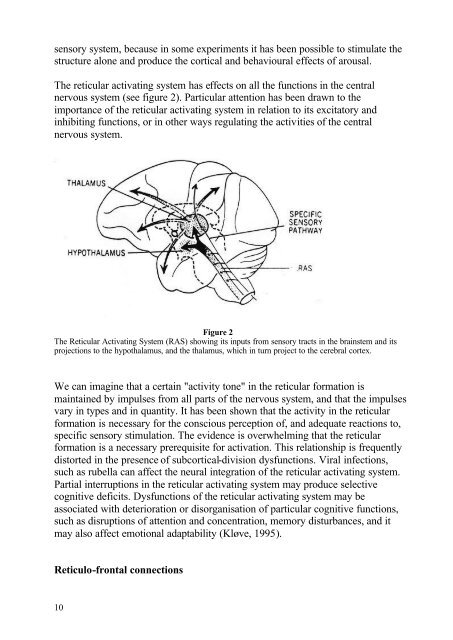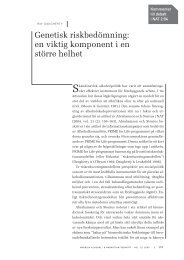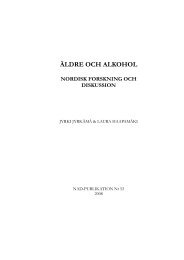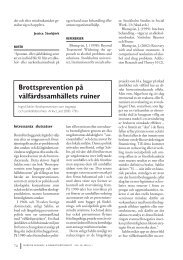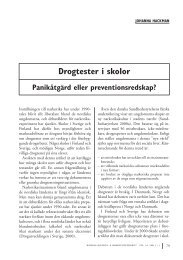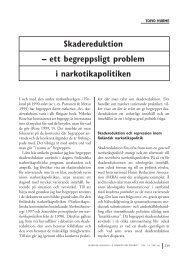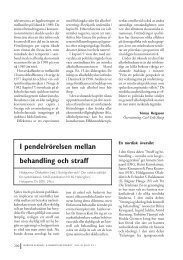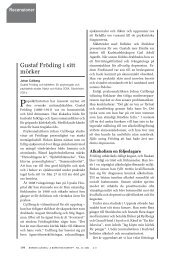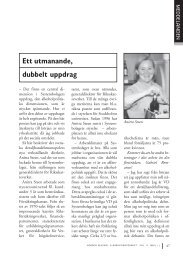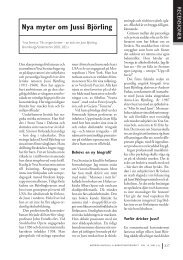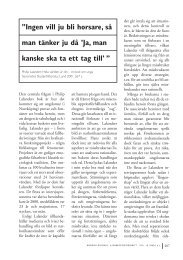CONGENITAL RUBELLA SYNDROME
CONGENITAL RUBELLA SYNDROME
CONGENITAL RUBELLA SYNDROME
You also want an ePaper? Increase the reach of your titles
YUMPU automatically turns print PDFs into web optimized ePapers that Google loves.
sensory system, because in some experiments it has been possible to stimulate the<br />
structure alone and produce the cortical and behavioural effects of arousal.<br />
The reticular activating system has effects on all the functions in the central<br />
nervous system (see figure 2). Particular attention has been drawn to the<br />
importance of the reticular activating system in relation to its excitatory and<br />
inhibiting functions, or in other ways regulating the activities of the central<br />
nervous system.<br />
Figure 2<br />
The Reticular Activating System (RAS) showing its inputs from sensory tracts in the brainstem and its<br />
projections to the hypothalamus, and the thalamus, which in turn project to the cerebral cortex.<br />
We can imagine that a certain "activity tone" in the reticular formation is<br />
maintained by impulses from all parts of the nervous system, and that the impulses<br />
vary in types and in quantity. It has been shown that the activity in the reticular<br />
formation is necessary for the conscious perception of, and adequate reactions to,<br />
specific sensory stimulation. The evidence is overwhelming that the reticular<br />
formation is a necessary prerequisite for activation. This relationship is frequently<br />
distorted in the presence of subcortical-division dysfunctions. Viral infections,<br />
such as rubella can affect the neural integration of the reticular activating system.<br />
Partial interruptions in the reticular activating system may produce selective<br />
cognitive deficits. Dysfunctions of the reticular activating system may be<br />
associated with deterioration or disorganisation of particular cognitive functions,<br />
such as disruptions of attention and concentration, memory disturbances, and it<br />
may also affect emotional adaptability (Kløve, 1995).<br />
Reticulo-frontal connections<br />
10


